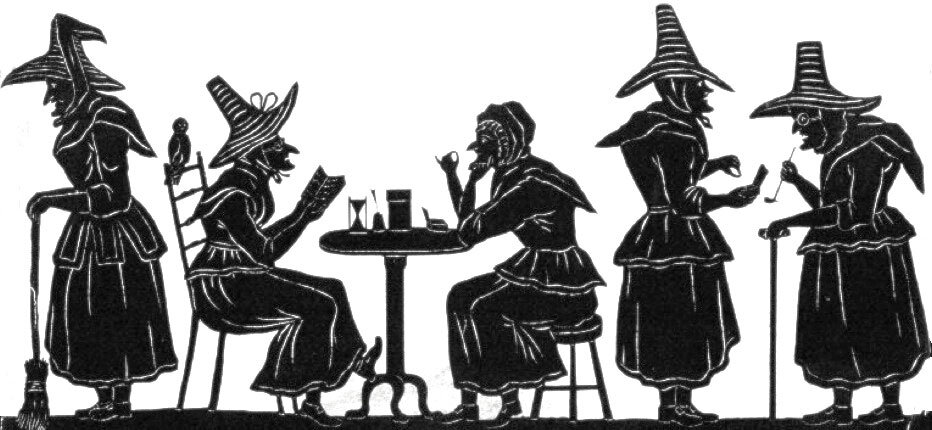All Wiccans are witches, but not all witches are Wiccans. All Wiccans are Pagans, but not all Pagans are Wiccans. Finally, some witches are Pagans, but some are not – and some Pagans practice witchcraft, while others choose not to.
What is the difference between Paganism, Wicca, & Witchcraft?
Paganism is an umbrella term used to apply to a number of different earth-based faiths. Wicca falls under that heading, although not all Pagans are Wiccan.
In general, when we say “Pagan,” we’re referring to someone who follows a spiritual path that is rooted in nature, the cycles of the season, and astronomical markers. Some people call this “earth-based religion.” Also, many people identify as Pagan because they are polytheists – they honor more than just one god – and not necessarily because their belief system is based upon nature. Many individuals in the Pagan community manage to combine these two aspects. So, in general, it’s safe to say that Paganism, in its modern context, can be defined as an earth-based and often polytheistic religious structure.
Wicca is one of the many thousands of spiritual paths that fall under the heading of Paganism. Not all Pagans are Wiccans, but by definition, with Wicca being an earth-based religion that typically honors both a god and goddess, all Wiccans are Pagans. Wicca is a tradition of Witchcraft that was brought to the public by Gerald Gardner in the 1950s.
Some people in the Pagan community practice as part of an established tradition or belief system. Those people are often part of a group, a coven, a kindred, a grove, or whatever else they may choose to call their organization.
The majority of modern Pagans, however, practice as solitaries – this means their beliefs and practices are highly individualized, and they typically practice alone.
Many Pagans – and certainly, there will be some exceptions – accept the use of magic as part of spiritual growth. Whether that magic is enabled via prayer, spellwork, or ritual, in general there’s an acceptance that magic is a useful skill set to have. Guidelines as far as what is acceptable in magical practice will vary from one tradition to another.
Most Pagans – of all different paths – share a belief in the spirit world, of polarity between the male and female, of the existence of the Divine in some form or other, and in the concept of personal responsibilities.
So, in a nutshell, here’s what’s going on. All Wiccans are witches, but not all witches are Wiccans. All Wiccans are Pagans, but not all Pagans are Wiccans. Finally, some witches are Pagans, but some are not – and some Pagans practice witchcraft, while others choose not to.
There are a number of people who consider themselves Witches, but who are not necessarily Wiccan or even Pagan. Typically, these are people who use the term “eclectic Witch” or to apply to themselves. In many cases, Witchcraft is seen as a skill set in addition to or instead of a religious system. A Witch may practice magic in a manner completely separate from their spirituality; in other words, one does not have to interact with the Divine to be a Witch.

